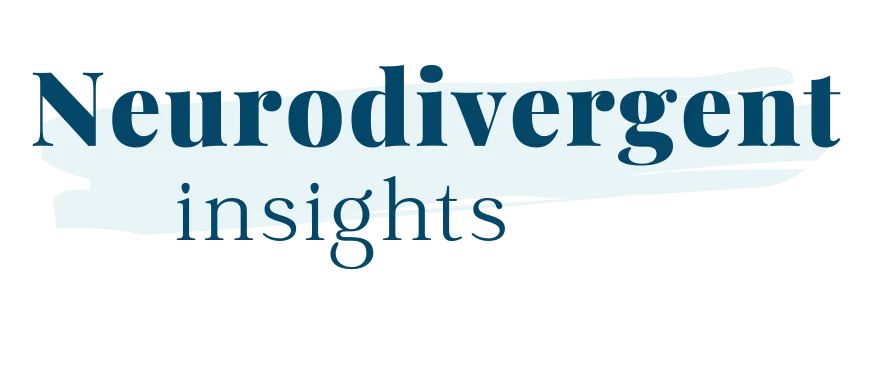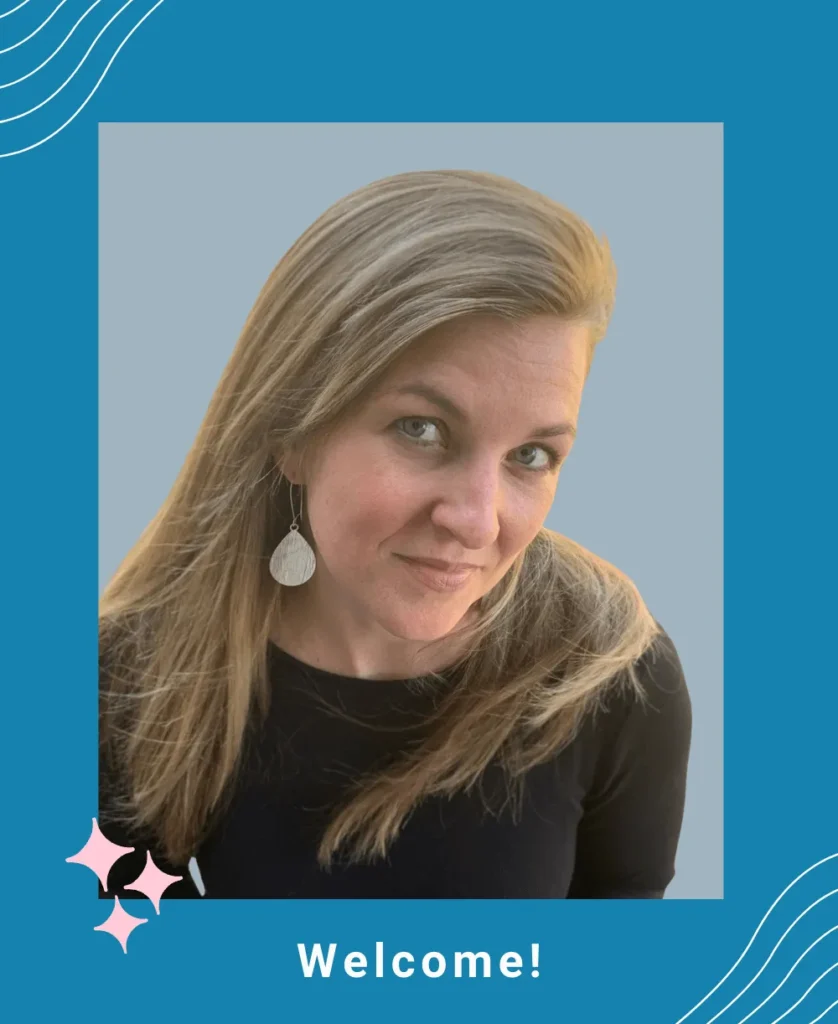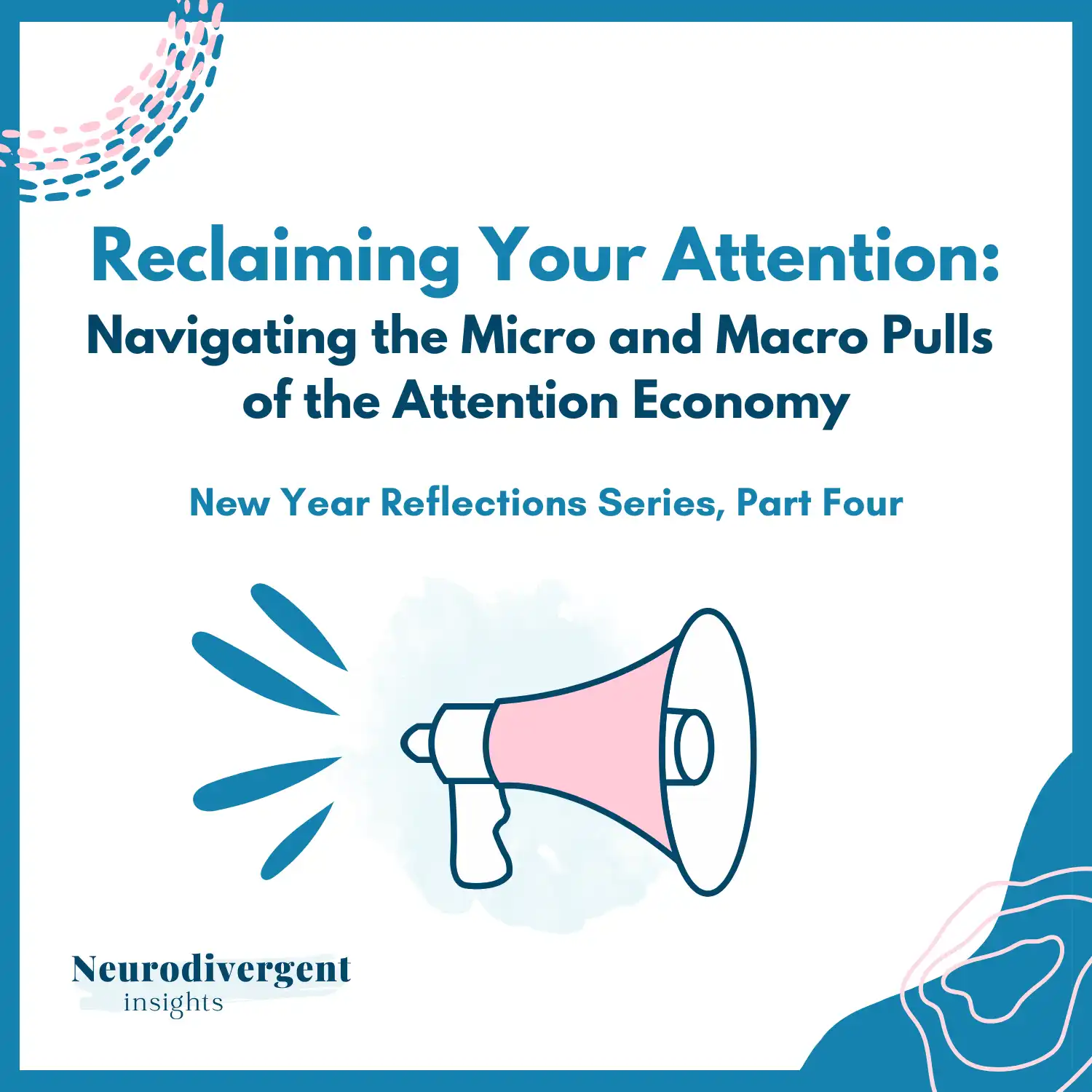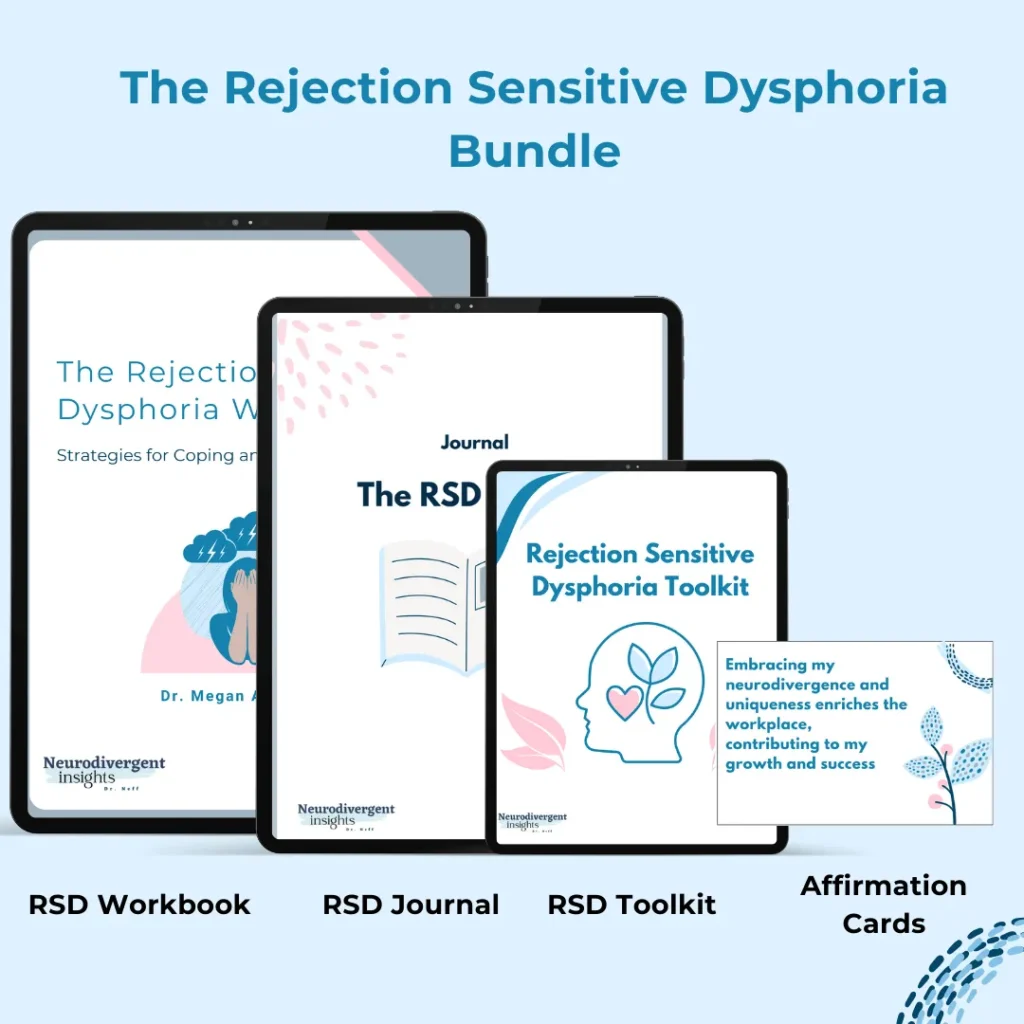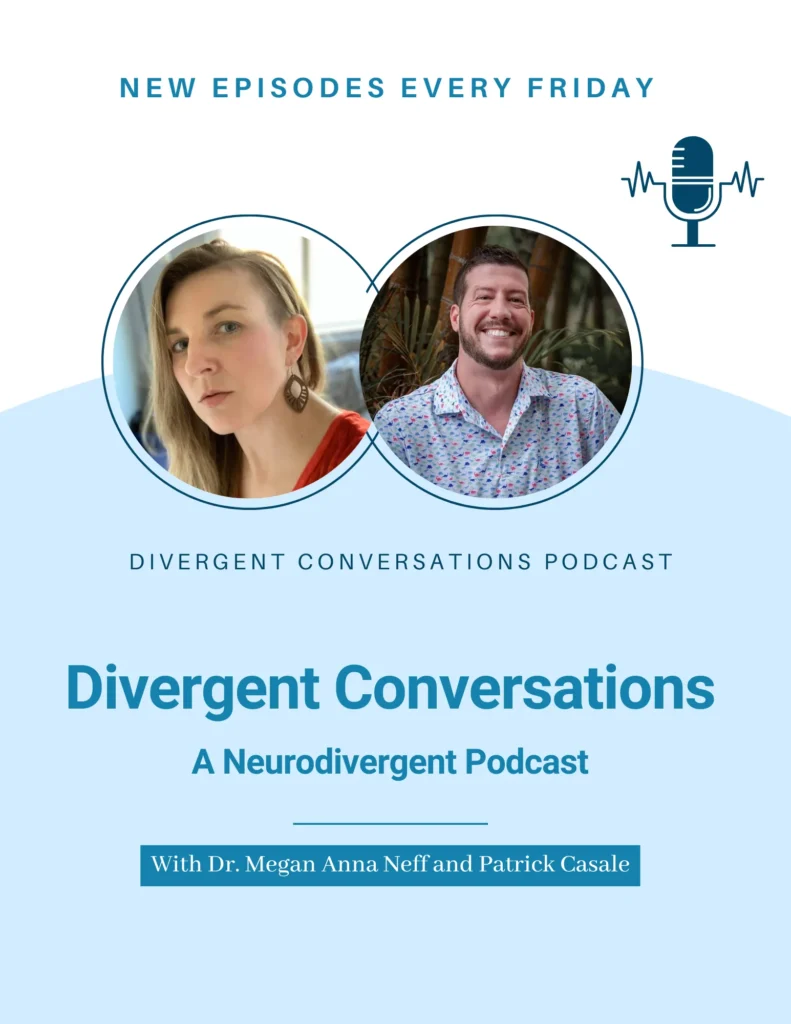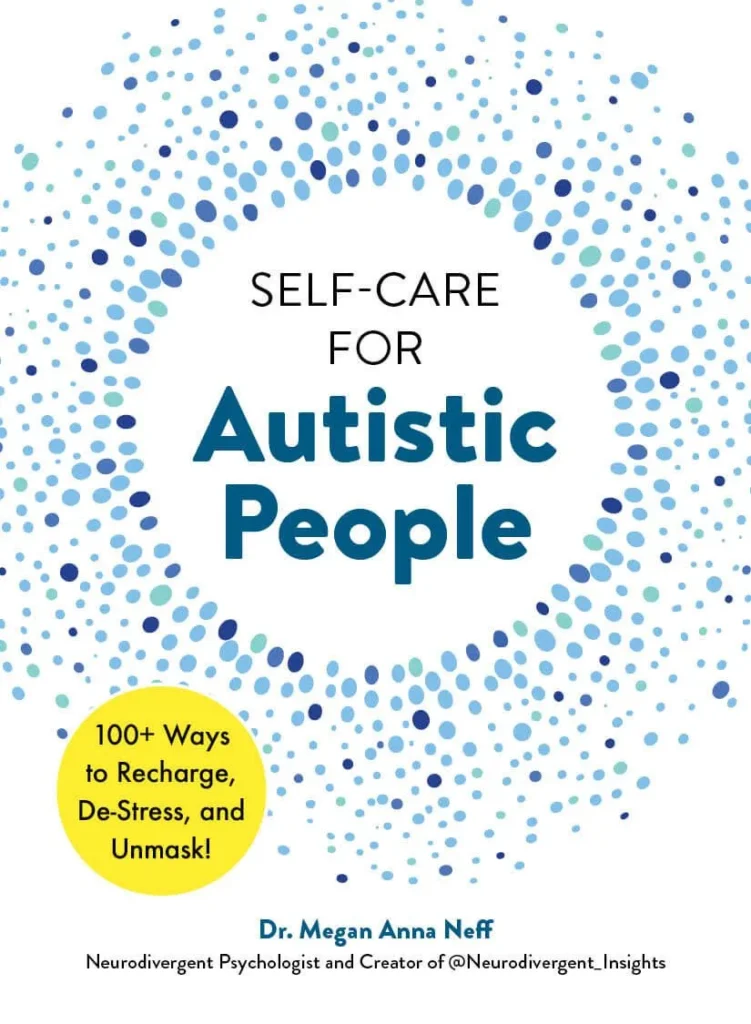Why You Should be Talking about ADHD and Autism Accommodations in Therapy
Helping your clients find and use accommodations that work for them is one of the most preventative and supportive things you can do for your neurodivergent clients. Lack of accommodations and appropriate supports is one of the largest contributing factors to Autistic and ADHD burnout (which is one of the largest contributing factors to depression). And Autistic and ADHD burnout is one of the leading pathways for suicide, so this is important for mental health professionals to understand).
What are ADHD and Autism Accommodations?
Accommodations sound like a fancy word. But accommodations can be quite simple. An accommodation is anything that helps a person adapt to their environment with more ease. It can be as simple as:
-
Wearing a hat to block out the glare of harsh lights
-
Wearing loops, sound blockers, or earbuds to reduce the overall sound level in public (or at home with small children!)
-
Using a white noise machine to block out sounds at night
-
Wearing constriction clothing to reduce the impact of unexpected touch and bumps throughout the day
Of course, accommodations can also be formal, such as: extended testing time, testing in a quiet location, use of fidgets in class, and breaks for movement.
Help Your Clients Craft a “Second Skin”
Sometimes I think of accommodations as my “second skin.” My skin (i.e., my sensory profile) so often fails to create a barrier between myself and the world. My skin fails to keep things out. And the world easily overwhelms me. So, I patchwork together a “second skin” to provide a barrier.
(If you are interested to learn more about how I developed this metaphor or if you are psychodynamic, you may be interested in learning more about the ego-skin and the connection between porous skin and autism). I wrote some personal reflections here, which also link to a few articles on body-ego).
Barriers to Accessing and Implementing ADHD and Autism Accommodations
Many ADHDers and Autistic people move through the world without sufficient accommodations in place.
There are several barriers to accessing accommodations, here are just a few:
1) Misdiagnosis and missed diagnosis are obvious barriers to official accommodations in school and work settings. This impacts women, BIPOC, and genderqueer people at higher rates.
2) However, a close second barrier is people who don’t use accommodations. I frequently see this among college students. Even when a person has official accommodations in place, there can be hesitancy to use them. Either because they don’t want to stand out, or perhaps they associate accommodations with weakness, or they may feel “it’s important I learn how to do this without accommodations.” Some may feel that accepting accommodations is to acknowledge weakness.
3) A third barrier I commonly see is not knowing what to ask for. Many ADHD and Autistic people simply don’t know what would be helpful. If the person has interoception difficulties or alexithymia this becomes even more difficult.
Tips for Helping your Clients Find Accommodations that Work
1) Co-create metaphors that work. For me, the metaphor of “creating a second skin” resonates. It sounds less technical and official than “accommodations.” In my mind, “seeking accommodations” brings to mind images of my vulnerabilities and dependency. On the other hand, “crafting my second skin” sounds like a challenge. It sounds like a project. I am always up for a good project.
While I find my more existential clients appreciate this language and metaphor of “second skin,” this metaphor will not work for everyone (the word “skin” will likely be a turnoff for some). There are lots of metaphors out there: whether it’s armor, a second skin, or crafting a bubble. Consider metaphors that work for your client that help turn “accessing accommodations” into a creative project.
2) Encourage exploration. A lot of ADHD and Autistic people don’t know what they need, and they don’t know what would be helpful, so we need to explore a lot. We may need to explore to understand our sensory profile (what feels good and what doesn’t). And we need to explore to understand what helps soothe and regulate us.
Some of this can happen during therapy. Consider having weighted lap pads, moonpods, fidgets, or other sensory soothers around for clients to experiment with during session. By having access to these during session, they can learn what helps soothe them when discussing difficult topics and what helps with focus.
3) Address internalized ableism. Suspect internalized ableism when you start hearing your client associate accommodations with weakness. Or when they talk about how “they must learn how to do a task without accommodations.” When this is the barrier, it suggests there is much work to do around internalized ableism.
4) Permission giving: A lot of ADHD and Autistic people will need help giving themselves permission to seek out and/or invest in accommodations. I find this particularly true among people diagnosed later in life and high-masking Autists and ADHDers. We have been “white-knuckling” it for so long that it can feel wrong or self-indulgent to do it any other way. Accommodations may feel like a privilege we shouldn’t deserve.
There are several ways you can support your clients to give themselves permission to accept and prioritize accommodations.
-
For some, it will be through crafting an aligned metaphor that they finally gain permission to prioritize accommodations.
-
For others, it will be through understanding the why (for example, by explaining the connection between burnout and lack of supports and accommodations).
